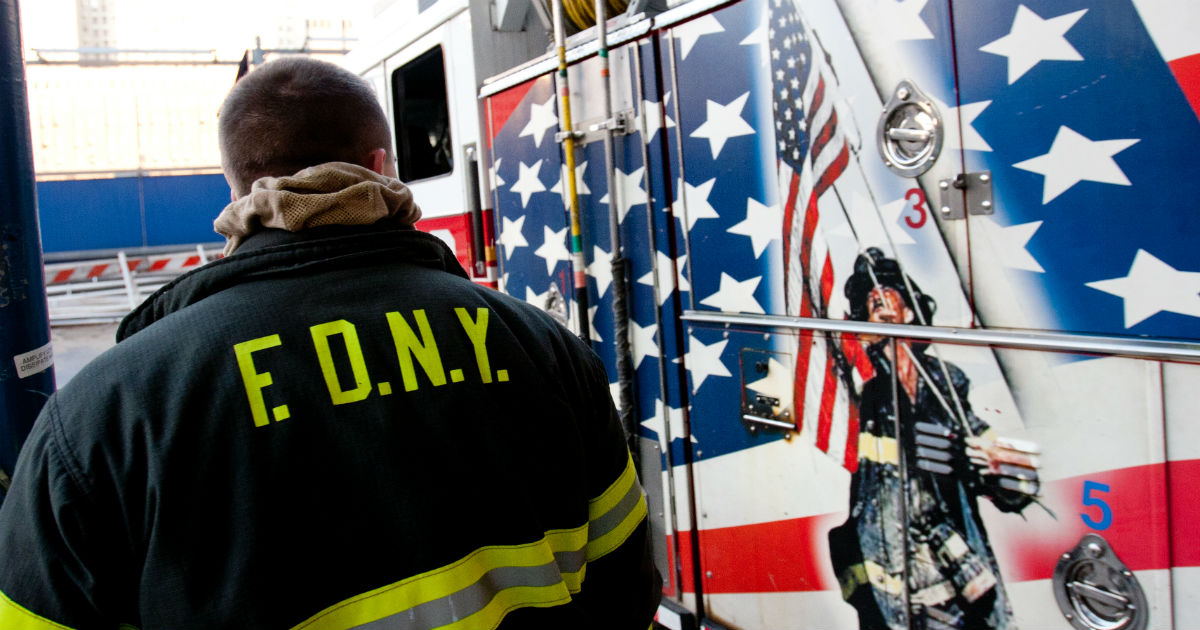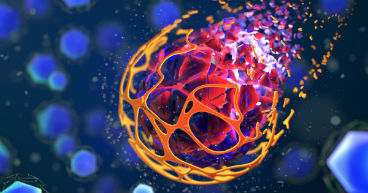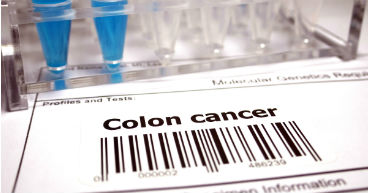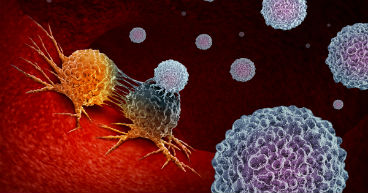
Sept. 11, 2001 was one of the darkest days in American history, and 19 years later, its impact is still being felt in many ways.
The 9/11 terrorist attacks in New York City turned the Twin Towers and surrounding buildings into a pile of rubble, spewing a mist of toxic dust that hung in Lower Manhattan for months. Many of the first responders who survived the initial destruction and the workers who cleaned up the debris have since developed significant illnesses and disease, including cancer.
Cancer researchers have spent years sifting through medical reports and documented health conditions to track patterns and trends in first responders who have since been diagnosed with the disease.
There is still much to learn about how the exposure at Ground Zero is contributing to cancer, how significant the risk is, and what cancers may turn up in the future, but scientists have learned some important facts that could explain why some 9/11 first responders have been diagnosed with cancer at a higher rate than other Americans.
Higher cancer rates
More than 2,750 Americans died in and around the World Trade Center on 9/11, and more than 2,000 responders and Ground Zero workers have died since from illnesses many attributed to their time at the site.
While stopping short of calling the cancer outbreak among 9/11 workers an "epidemic," researchers at Mount Sinai’s Icahn School of Medicine concluded that there’s "evidence of increased risk for certain cancers among WTC-exposed responders."
Mount Sinai studied 28,729 police officers and recovery workers from the 9/11 site. Firefighters were separated into a different research group. Similar to some other studies, and compared to the general population, the Mount Sinai research found that 9/11 police officers and recovery workers studied were:
- Getting cancer at a 9 percent higher rate
- At a 41 percent higher risk of leukemia
- At a 25 percent higher risk of prostate cancer
- At a 219 percent higher risk of thyroid cancer
Aggressive prostate cancer
Prostate cancer is most often diagnosed in older men—the average age at diagnosis is 66—and its cells are typically slow to grow. But a 2019 study published in Molecular Cancer Research that examined cancer diagnoses in first responders found some developed an aggressive, fast-growing form of prostate cancer. Researchers suggest that inhaling toxic dust may have caused a cascading series of cellular events that increased the number of so-called inflammatory T-cells in some of these 9/11 workers. This inflammation may have led to symptoms such as painful and burning urination and may eventually lead to prostate cancer.
"We know that, historically, inflammation has been associated with potentially worse outcomes in certain cancers, including breast and prostate cancers," lead researcher Michael Oh, MD, told The ASCO Post.
Toxic dust
Among the many issues researchers have found difficult to untangle are the exact causes of the increase in cancer diagnoses among 9/11 first responders. The Ground Zero dust had so many known carcinogens—soot, benzene, cement, asbestos, heavy metals, polycyclic aromatic hydrocarbons and dioxins—that it’s difficult to know which substances may have contributed to which cancers.
Also, researchers have been surprised that lung cancer isn’t more prevalent among Ground Zero crews, given that they were breathing the polluted dust. It may be that it takes longer for lung cancer to show itself, which may also be true for other cancers yet to be diagnosed in first responders.
Other cancer risk factors
A 2019 Rutgers study concluded that pollutants at Ground Zero aren’t the only factors contributing to higher cancer rates among police and other responders on the scene on 9/11 and the days after the towers collapsed. Increased rates of head and neck cancer have been linked to certain lifestyle behaviors, namely to more frequent or excessive smoking and a higher number of sexual partners in the years following the attacks.
Researchers suggest smoking-cessation programs and vaccination against the sexually transmitted human papillomavirus (HPV) may help reduce these cancer rates.
Other studies show the responders are also at greater risk of lung disease, heart disease and post-traumatic stress disorder. Such studies “demonstrate that even now, almost two decades after the 9/11 attacks, new health consequences of the [World Trade Center] attacks are emerging. This underscores the importance of long-term health monitoring of disaster survivors and responders,” says Michelle Bover Manderski of the Rutgers School of Public Health.
Scientists are still asking if there are other reasons that might explain the data. Questions include:
- Are there more incidences of thyroid cancer because of increased observation of the health of these workers?
- Is the level of prostate cancer higher only because 85 percent of those studied are men?
- Is the number of lung cancers lower because the percentage of smokers was lower among those studied than the general population?
As research continues, the results will have other real-world applications. Knowledge gleaned from 9/11, Dr. Oh says, "has larger implications around exposure to environmental toxins that we are subjected to daily, including emissions from motor vehicles, industrial processes, power generation and the household combustion of solid fuel."
Learn more about how changes RNA, not just DNA, may lead to cancer.



